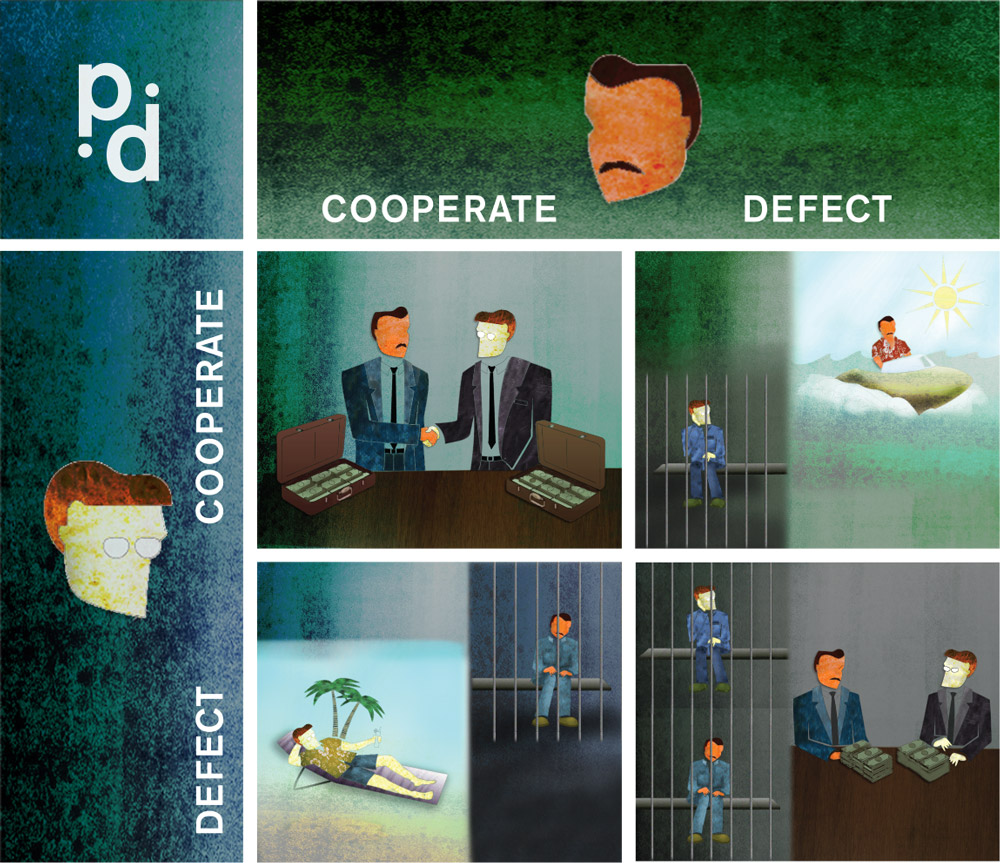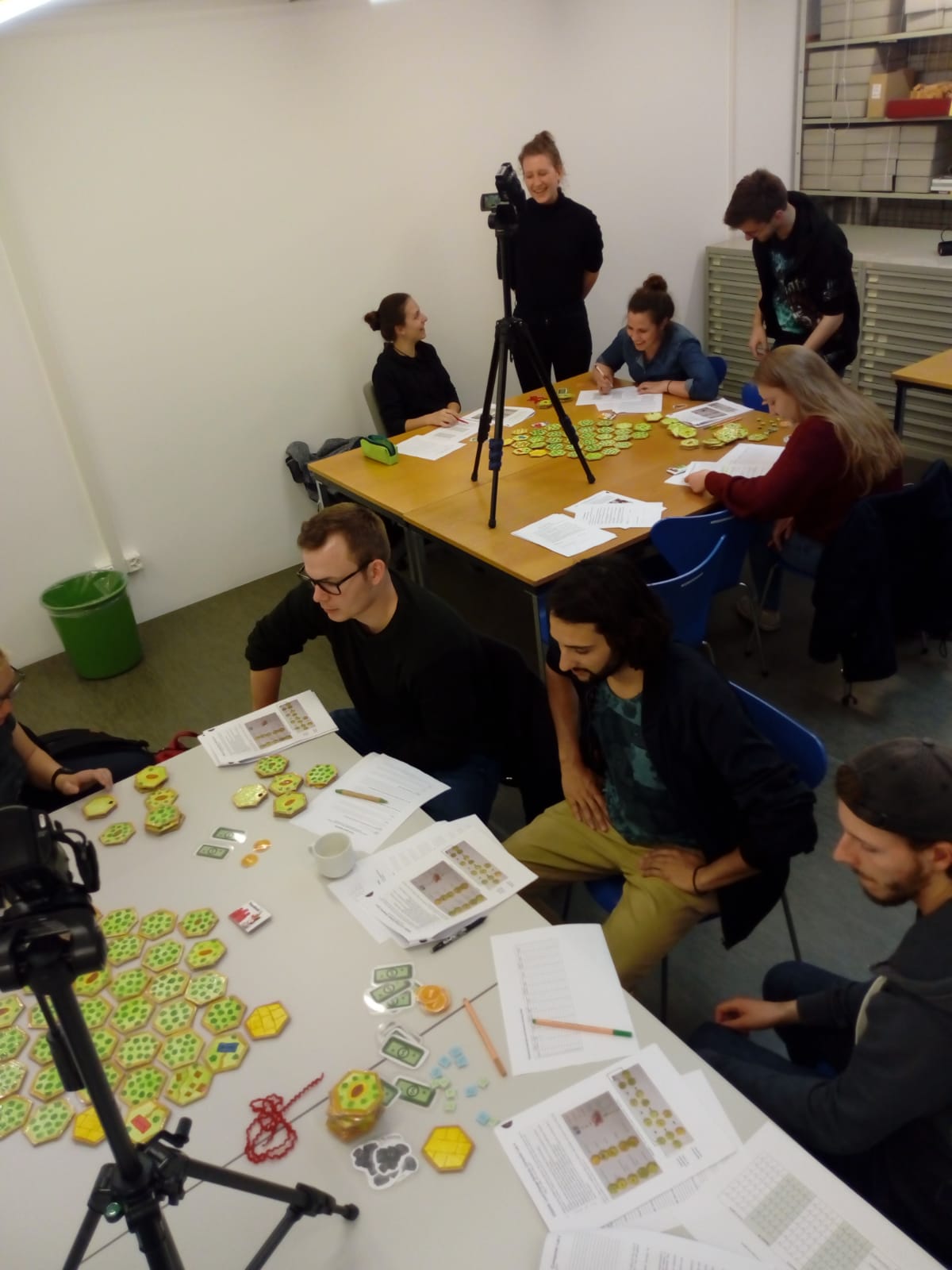#44: Scientific games to understand social-ecological system dynamics
What makes games so popular? Perhaps that the outcome depends on behavior, on strategy, but also on pure chance? One thing is certain: they are great tools for learning.

Monopoly, Risk, Stratego, you have probably heard of these games and played at least one of them in your lifetime. What makes these games so popular? I believe it is the fact that all of them are loosely based on reality and produce a different outcome every time you play. This outcome depends upon the behavior and beliefs of the people that play with you, the strategy you adopt yourself and pure chance.
Also a basic recipe for life itself?
I, for instance, by chance came out of the womb of a very supportive mom back in Holland, adopted the strategy to study many different disciplines, instead of one, and through networking was given the chance to pursue a PhD at the University of Zurich. Of course, life is a trillion times more complex than any board game. However, games allow us to take certain puzzles and pieces of life and simulate what happens over time when different players are involved.
In science, games are used to better understand certain phenomenon in society, such as strategies of cosmetic companies, the way fishers fish or even how regional climate adaptation policies get adopted. There are many different types of scientific games, and many different theories to consider.
To compete or to cooperate?
The most famous game is the prisoner's dilemma game, in which two prisoners need to decide individually whether they want to compete or cooperate. Recently, scientists started to develop games that represent and simulate abstract versions of very complex real-life systems under study, as well as the way people respond within this system and each other. Examples are Bycatch Diversity, a game on collective learning on bycatch diversity and management, and AguAloca, a game that focusses on the integration of water quality and agriculture in managing multiple reservoirs at the same time.
Games are not only a great tool for science, but also for learning. In the GIUZ course on Land Change Science (ESS 246), we use games to teach students on complex social-ecological systems. Our game focusses on wood charcoal, an important biofuel that provides income for 40 million people and energy for hundreds of millions of people in the tropics and is also the topic of my PhD project. However, the production of charcoal also causes 7% of deforestation worldwide and is an important cause for forest degradation.
Taking the role of charcoal producers

During the game, students play the role of charcoal producers within a village with a certain amount of forest. The charcoal producers need to provide for their livelihoods by producing charcoal. Hereby they need to answer many difficult questions, such as: Do you cooperate or play for your self-interest? Do you help others when they are in need? Do you cheat if you get the chance? What is your interpretation of a good outcome of the game? Are the other players at the same page as you?
We already observed very interesting and varying behavior, both within and between the different groups of students. Some groups saw a clear end goal, some collaborated tightly together, while other players had contrasting interests. Improvements are in progress as we learn the circumstances and the limitations of the current version of the game. Version 2.0 will be attempted this year, if possible.
First-hand experience of complex social-ecological systems
Overall games for research and teaching allow participants and students to experience the complexity of social-ecological systems for themselves as well as the opportunities and difficulties that arise when multiple people are involved in decision making. We, from the Earth System Sciences group, are looking forward to continue using games for research and teaching in the future.
Hanneke van't Veen